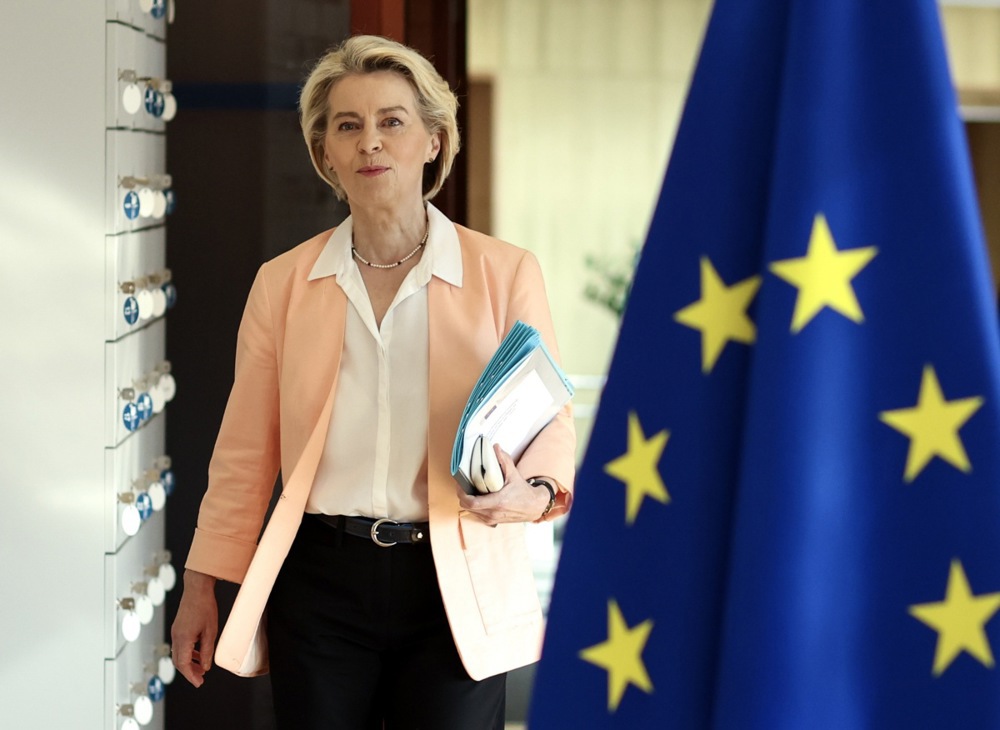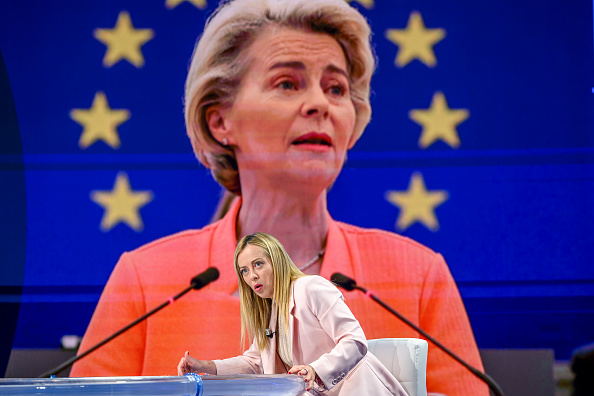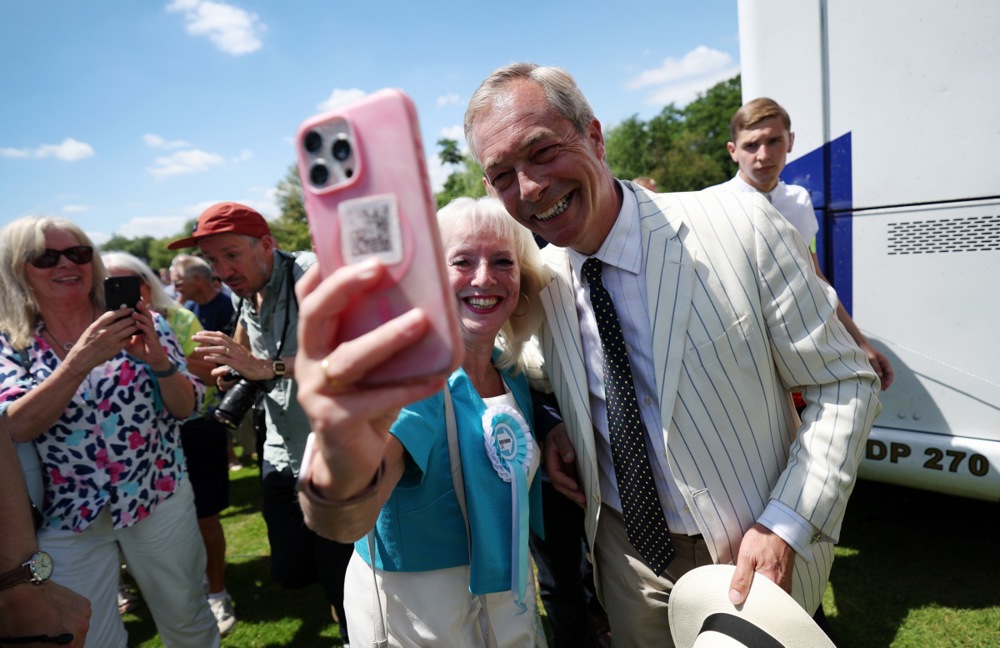The European Council has agreed on the names that will determine the path of the European Union for the next five years – and all three are surrounded by scandals.
To little surprise, the leaders of the 27 Member States have decided Ursula von der Leyen will be the candidate for President of the European Commission, that António Costa will replace Charles Michel at the head of the Council and Prime Minister of Estonia Kaja Kallas will give up the role to take the reins as the EU’s foreign policy chief.
The current EC President von der Leyen has a pending case with the courts known as “Pfizergate”, a series of private messages allegedly exchanged with the CEO of the pharmaceutical giant Pfizer before a multi-million dollar agreement was signed between the EU and the company to distribute millions of doses of Covid vaccines.
As demonstrated by several MEPs such as the Romanian Cristian Terhes in 2022, while MEPs were given access to the contract signed by Pfizer and EC, it had been very heavily censored beforehand.
In May this year, just before the European Parliament elections, the Belgian court in charge of the Pfizer case decided to postpone the trial to a later date so as not to interfere with the electoral process.
The man chosen to preside over the Council for the next two and a half years, pending renewal, Socialist António Costa had to resign as Portuguese prime minister on November 7, 2023 over an alleged corruption scandal known as “Operation Influencer”, which affected the highest levels of his government.
The scandal related to possible corruption and influence peddling in the country’s hydrogen and lithium industries.
It also involved a project for a data centre and led to searches of several ministries and the official residence of the then-prime minister, as well as several arrests warrants including one for Costa’s chief of staff after investigators found €75,800 in cash.
Although Costa has not officially been charged, some of his closest associates have been and investigations continue.
Lastly, Kallas, daughter of former Estonian prime minister Siim Kallas, has been one of the most active European advocates for Ukraine and a fierce critic of Russia in the EU and NATO.
In August 2023, Estonian media revealed her husband Arvo Hallik’s role in a company that indirectly did business in Russia after the full-scale invasion of Ukraine called Stark Logistics.
In response, Hallik said he would sell his 25 per cent stake and resign as CFO of the company and step down from the board.
The opposition launched a campaign against Kallas, pushing for her resignation. Following that, she became one of the most anti-Russian figures in Europe, even suggested as a candidate to succeed Jens Stoltenberg as NATO Secretary General.
Alberto Alemanno, professor of EU Law at the College of Europe, criticised the choice of the three candidates on his X page: “The agreement on EU top jobs is more the result of institutional inertia and political convenience than a well-thought-out choice by mainstream EU leaders.”
He said there was the possibility of “uniting far-right, anti-establishment forces” to vote against von der Leyen.
The agreement on EU top job is more the result of institutional inertia and political convenience than a well-thought out choice by mainstream EU leaders.
It risks uniting far-right, anti-establishment forces to vote against vdL without necessarily rallying the support of all… pic.twitter.com/YmguITBsCO
— Alberto Alemanno (@alemannoEU) June 28, 2024
Italian Prime Minister Georgia Meloni did not have the option of blocking anything and had to accept the von der Leyen candidature against her wishes. In the vote she abstained, although she outright rejected the proposal of Costa and Kallas, according to diplomatic sources.





